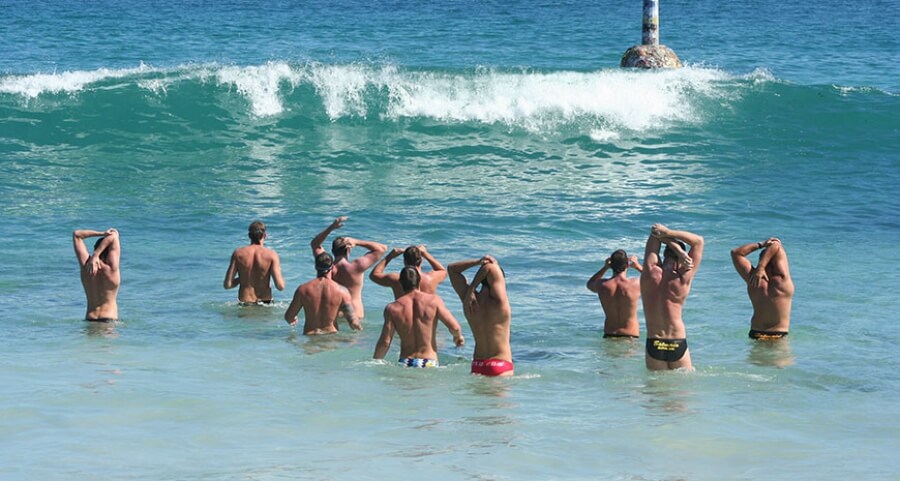Nutritional and fluid requirements for optimal energy and performance
With many athletes trying to get the competitive edge over their opponents, optimal nutrition and adequate hydration can give you just that. Not only is a healthy balanced diet important for health and wellbeing, but it also promotes optimal performance in your sport. For general advice, follow these nutrition and hydration guidelines:
Nutrition requirements
- Enjoy your food
The food you eat has to be enjoyable, practical, realistic and sustainable, while also addressing your short-term performance needs and long-term health needs. - Variety is the spice of life
Variety means two things: enjoying foods from different food groups, as well as within food groups. Different foods contain different nutrients. By including a wide variety of foods in your diet, you’ll be more likely to meet your nutritional needs. - Moderation is the key
All foods have a place in a healthy diet, but it’s best to make whole foods the basis of all meals and limit the amount of processed food consumed. Find a place in your diet for your favourite foods instead of avoiding them completely. Deprivation can lead to over-consumption when you allow yourself to eat these forbidden foods. - Include carbohydrates
Carbohydrates are your body’s main fuel source. The more active you are, the more carbohydrates you need. Carbohydrates become critical for performance when your sport is longer than an hour. Specific carbohydrate requirements depend on your sport and body size. - Use low fat cooking methods
An athlete’s diet should be low in fat, particularly when weight loss or making weight is needed. Grilling, microwaving, stir-frying and baking in a minimum amount of oil are preferable to frying. Use a range of unsaturated oils instead of butter. Limit the amount of oil you use in your cooking to one tablespoon. - Avoid fad diets
High protein, low carbohydrate diets and other fad diets are not recommended for athletes or as a general diet. Fad diets may give you short-term weight loss, but they are potentially dangerous and can result in a reduction in muscle mass and metabolism. These diets can also result in mood swings, impair your immune function and increase the risk of injury. For the best performance on the field, provide your body with a well, balanced diet. - Maintain your hydration
Hydration is essential for both physical and mental performance. Inadequate intake of fluid before, during or after training or competition can lead to impaired concentration and co-ordination, increased perceived level of exertion, fatigue, and an increased heart rate and body temperature.
Water and sports drinks offer great ways to maintain hydration. Sport drinks are beneficial for replacing fluid, electrolytes and carbohydrate stores when exercise is longer than one hour. Drink regularly, aiming for about 150-300ml of fluid every 20 minutes. If this is not possible, aim to replace 80 percent of your fluid losses throughout your training session. - Rehydrate after training and competition
Weigh yourself before and after exercise, and drink 150% of your total weight loss, that is 1kg of weight loss = 1kg of fluid loss. You’d need to drink 1.5L to replace this loss. This amount of fluid is needed because you continue to lose fluid after you stop exercising.



